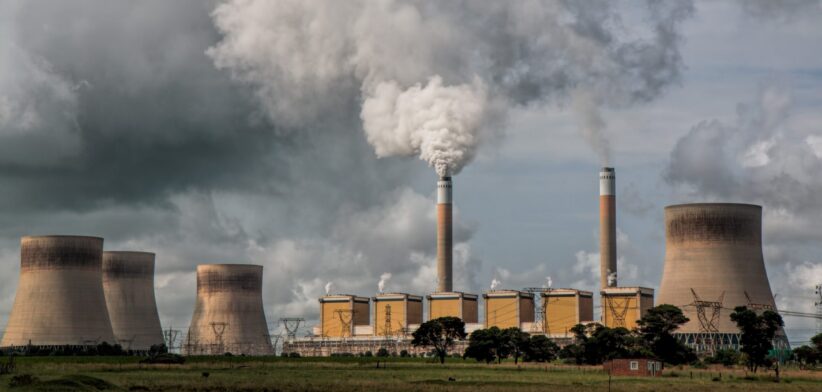Global carbon dioxide (CO₂) emissions from fossil fuels have reached a record high in 2024.
The latest Global Carbon Budget report, released today, also showed Australia recorded a 0.4 percent decrease in CO₂ fossil fuel emissions in 2023, with this downward trend expected to continue.
CSIRO Global Carbon Project Executive Director Pep Canadell said the report provided an overview of the global carbon cycle, including both natural and human-induced emissions.
“We have seen a 0.8 percent increase in global CO₂ emissions from fossil fuels in 2024, compared to 2023,” Dr Canadell said.
“This equates to a total of 37.4 billion tonnes of CO₂ projected to be emitted in the atmosphere from fossil fuel use this year alone.”
Dr Canadell said the growth in 2024 fossil emissions came on top of a 1.4 percent growth in 2023 emissions.
He said CO₂ emissions from land-use changes, such as deforestation had, on average, declined over the past decade.
“This means total emissions from both fossil fuels and natural sources have stabilised over the last decade.”
Dr Canadell said other key insights form the report included:
- Globally, fossil fuel CO₂ emissions come from coal (41 percent), oil (32 percent) and gas (21 percent).
- China contributed 32 percent of total global CO₂ emissions, followed by the United States (13 percent), India (8 percent) and the European Union (7 percent).
- By the end of 2024, CO₂ concentrations are projected to reach 422.5 parts per million, which is 52 percent above pre-industrial levels (1750).
He said looking at 2024, CO₂ emissions from fossil fuels and land-use changes were projected to increase.
“Globally, emissions from land-use change have decreased by 20 percent in the past decade, but are rising this year, along with fossil fuel emissions.
“We have observed over the past two years how the capacity of natural CO₂ sinks on land which absorb carbon from the atmosphere, mainly forests, have declined due to drought in the Amazon and fires in Canada.”
He said there has been a decline or slowing of CO₂ emissions across 22 countries, including Australia.
“However, the Global Carbon Budget shows there is a 50 percent chance of exceeding the Paris Agreement’s target of 1.5°C warming in six years.”








